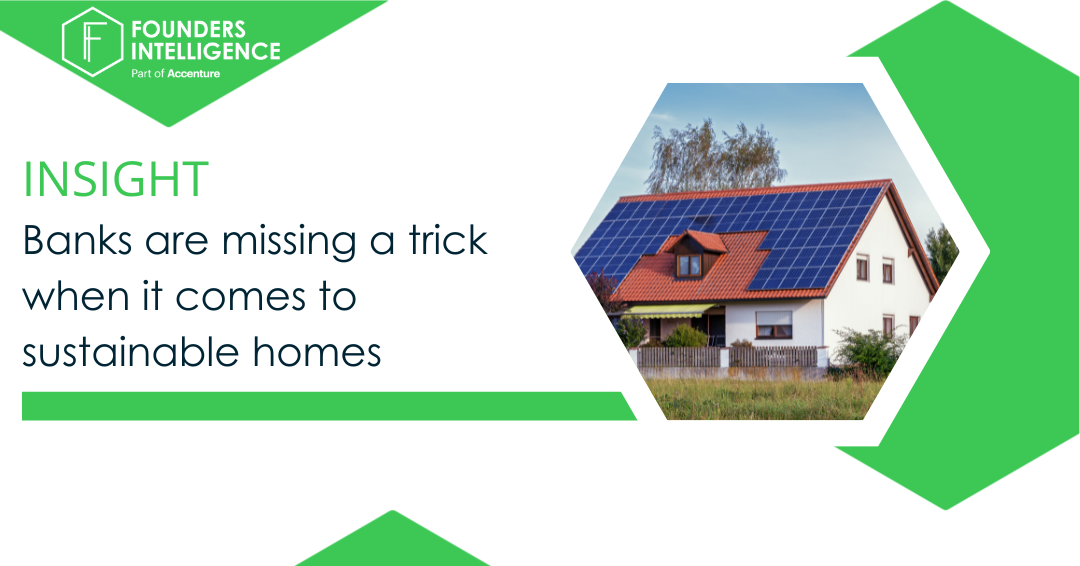In The Know: October
- Growth Strategy
- Strategic Start-up Engagement
- Delivery Capability
- Accelerator Programme
- New Revenue Line & Venture Building
- Retail industry
- Housing
- Energy
- Media
- Internet
- Retail
- Consumer
- Financial Services
- Technology
- Industrials
- Healthcare
- Travel & Hospitality
- Mobility
What’s fresh and what can I do next?
Our ‘In The Know’ articles keep you up to date with the latest news, trends and happenings in the world of innovation – and tell you what you should do about it. Go on, have a browse.
-
Chimps & Unicorns
Email marketing platform Mailchimp is in talks to be acquired by software giant Intuit for a cool $10bn, creating a huge return on investment for their early inves…wait, what? Mailchimp, a software startup, has never taken venture capital money and has bootstrapped their way to a $10bn valuation within 20 years? That’s right – started as a side project of a web design agency in Atlanta, Mailchimp has been profitable from day one and is now bringing home more than $750m revenue.
So what? A software company not taking any external funding and still becoming a huge success is rather uncommon in a world of excess venture capital and high competition due to lower barriers to entry. Here’s why Mailchimp was successful: 1) the founders built the software as a response to a huge market need, 2) they knew people would pay for it and charged them from the beginning, 3) they reinvested profits to go from straightforward email automation to full-stack marketing platform. The lesson: a) monetising your side project might allow you to build out entirely new revenue lines, b) consider the bigger vision of your side projects and be ready to reinvest your profits, and c) building software doesn’t require a check from venture capitalists – happy bootstrapping everyone!
-
Leeway for e-scooters…not blocking your way
Micromobility startup Voi raised an additional $45m to invest in new technology that improves safety for both riders and, well, everyone else around them. Voi is partnering with Irish computer vision startup Luna while also exploring adding physical parking racks, docking the absolute freedom e-scooters originally promised. Meanwhile, MIT spin-off Superpedestrian, which operates Link, has acquired Navmatic’s Super Fusion technology that helps locate vehicles, correct their movements in real time and incentivize driver good behavior, renaming it Pedestrian Defense.
So what? As COVID restrictions lift and commuting returns, so does micromobility, which has long struggled with unit economics and regulation. Mass layoffs, operational shutdowns and consolidation are giving way to an improved horizon where micromobility emerges as a socially-distanced alternative to public transport or a key element in a journey. As the market expected to grow ~8%pa over the next decade, reaching $42 billion by 2030, the winners will need to go beyond their guerilla deployment tactics to win people’s, and particularly, cities’ hearts. In the meantime, expect more funding, more innovation and more cross-mobility partnerships as companies seek to become fully embedded in the transport ecosystem.
-
A billion dollar fantasy?
French fantasy football startup Sorare raised a $680m Series B round led by SoftBank (obviously), giving Sorare the largest valuation of any French unicorn, at a $4.3bn valuation.
Sorare’s built the digital version of baseball cards, but for football and their unique cards are traded as NFTs and run to hundreds of thousands of dollars. Meanwhile, Dapper Labs, the company behind fantasy basketball card marketplace Topshot, just raised $250m. Is this a strong validation of gaming as a use case for NFTs/blockchain, a bubble-ish football fantasy, or both?
So what? VCs are in love with NFTs – and rightly so: while innovators around the globe are building metaverses for our digital selves to interact, NFTs are an entirely new asset class designed for these digital worlds, with enormous growth potential that’ll remain even after we all go back to IRL offices and bars. Add a distrust in traditional asset classes, trillions of dollars of extra liquidity sponsored by governments, and a generation of crypto gazillionaires who made money online and show off virtually to friends they’ve never met – and you get to a point where digital playing cards are being traded for real estate prices. These markets might cool but NFTs are going to continue to make their way into new industries and use cases.


